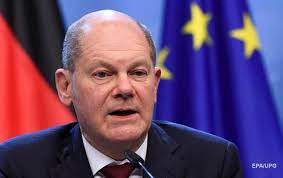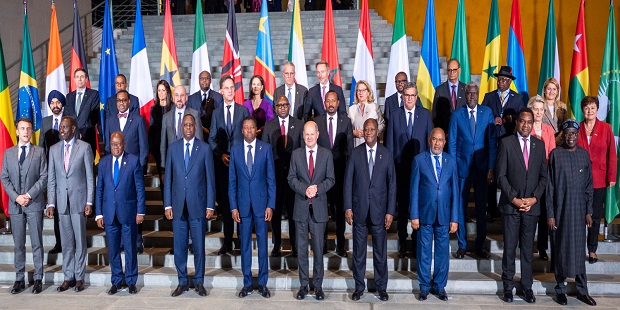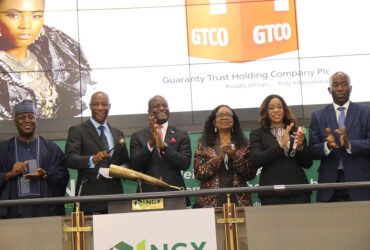Germany has committed to investing 4 billion euros in Africa’s green energy initiatives until 2030, as announced by German Chancellor Olaf Scholz in Berlin after discussions with African leaders and international organizations during the G20 Compact with Africa conference. Initiated by Germany in 2017, the Compact with Africa aims to enhance conditions for sustainable private sector investment and infrastructure development in Africa, with 13 countries, including Benin, Burkina Faso, Egypt, Ghana, and Rwanda, having joined the initiative so far.
German companies, notably ahead of their European counterparts, are actively engaged in large-scale green hydrogen projects across the continent. Enertrag, a German energy company, has signed a feasibility and implementation agreement with Namibia’s government to produce a million tons per year of green ammonia from green hydrogen starting in 2027. In Mauritania, German firm Conjuncta, alongside UAE’s Masdar and Egypt’s Infinity Power, is developing a $34 billion green hydrogen facility. German companies are also involved in similar projects in South Africa and Egypt.
Chancellor Scholz

emphasized that the conference marked the beginning of a robust and reliable cooperation between Africa and Europe to achieve a climate-friendly energy supply based on green hydrogen. He assured African nations that Germany would serve as a dependable buyer for green hydrogen production.
Scholz urged African countries to maximize the benefits of their natural resources, emphasizing the importance of local processing to create jobs and prosperity. Akinwumi Adesina, Group President of the African Development Bank, advocated for stronger partnerships and investments, stressing the role of private sector development in addressing climate change, Africa’s infrastructure gap, and the need to unlock industrial manufacturing capacities. Adesina outlined specific actions that multilateral institutions should take, including the development of bankable projects accessible to private investors.
“Secondly, strategies for private sector development must align with the objective of achieving net-zero emissions, with a focus on prioritizing green investments.”
“Thirdly, there is a need to address global risks and consolidate resources to optimize investment strategies. This can be facilitated through platforms like the Africa Investment Forum, an initiative created by the African Development Bank and seven partner organizations five years ago. The forum serves as a collaborative space, bringing together project promoters and both private and public financiers to catalyze investments in transformative projects across Africa.”
The G20 Compact with Africa conference delved into various issues under the overarching theme of strengthening multilateral cooperation and fostering a rules-based, fair, international economic and financial system. Discussions revolved around key global economic aspects, including challenges such as high inflation and geopolitical tensions. Additionally, there was a focus on incentivizing investments in global public goods, particularly addressing climate change, fortifying trade in a multipolar world, tackling both labor shortages and unemployment concurrently, and reinforcing the principles of multilateralism.
Source: AfricanOilGasReport



















Leave a Reply